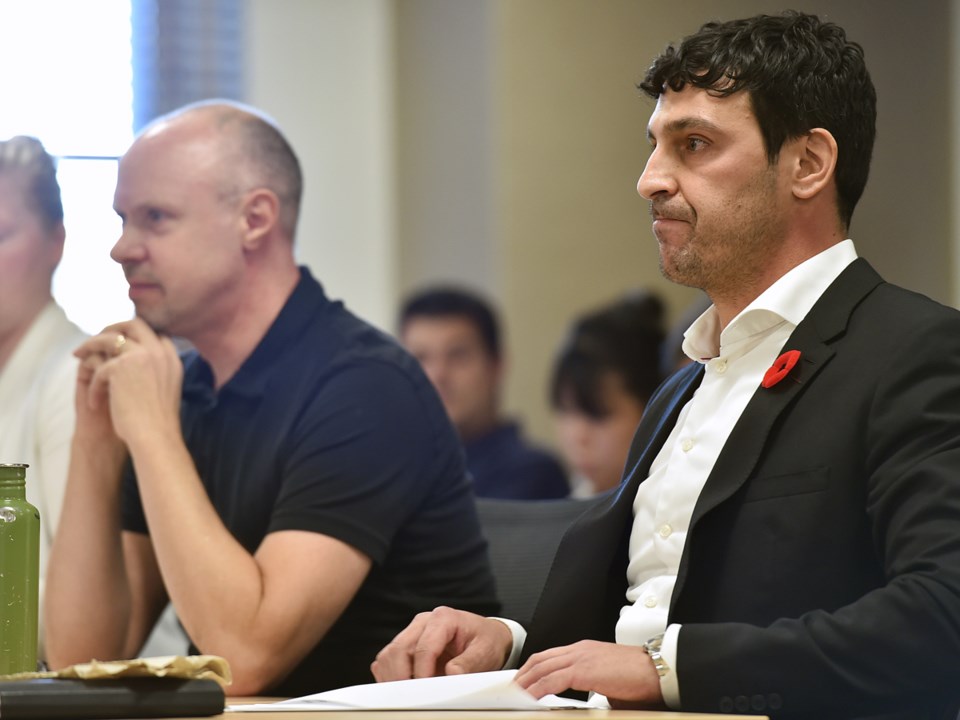The Â鶹´«Ã½Ó³»company behind a contentious Chinatown development application that was rejected by the city is seeking a judicial review of the decision made nearly two years ago.
In a petition to the court filed in B.C. Supreme Court Aug. 16, Beedie Holdings Ltd. is asking the court to set aside the November 2017 decision by Vancouver’s development permit board and grant a development permit for its proposed project at 105 Keefer St.
The property, which is in front of the Chinatown Memorial Plaza and across the street from Dr. Sun Yat-Sen Classical Chinese Garden, was once home to a gas station and is now a parking lot.
Beedie had revised its condo proposal for the site at least five times prior to the 2017 decision. City council rejected a previous proposal for a 12-storey building that would have included 106 market condos, 25 apartments for seniors, a recreational and cultural space, and room for business on the ground floor.
The proposal saw widespread opposition as hundreds of people turned out to speak at public hearings that spring before council made its decision.
The developer got a second chance to get approval for the project because it reduced the height of its original 12-storey proposal at 118 feet to 90 feet, which is allowed under the city’s current policies and doesn’t require a rezoning or public hearing.
According to court documents, Beedie argues the development permit board should have approved the proposal and issued a development permit because it complies with the existing zoning on the site, and it was supported by the urban design panel and the board’s own advisory panel.
However, at the Nov. 6, 2017 meeting, the three-panel board voted 2-1 against the project.
Paul Mochrie, the city's deputy city manager, supported the project, saying the application met the requirements of existing zoning regulations.
But board members Jerry Dobrovolny, who is the city's chief engineer, and Gil Kelley, the city's director of planning, rejected the application for reasons based primarily on design. They noted the public opposition to the proposal but Dobrovolny also said the revised version of the project's exterior surface didn't fully satisfy design guidelines and he believed the massing of the building should be reduced.
Kelley agreed with Dobrovolny that the project didn't meet the "design test" and needed significant improvement. He described the property as "an important site of such design significance to Chinatown."
Beedie argues that in rejecting the proposal, Kelley and Dobrovolny did not specify how the application was contrary to the guidelines or why any outstanding concerns could not be addressed by adding conditions to the permit. The company says the refusal letter received from the city also “provided little direction as to how to proceed with any new application that would meet their expectations.”
The company says the vagueness of the reasons for rejection created “procedural unfairness.”
“Furthermore, the city’s refusal to apply the protocol was discriminatory against the petitioner, no other DP application having been refused outright.”
According to the court filing, in recent history, all applications advanced to the development permit board have been approved with the exception of one, at 2995 Wall St., which was deferred.
Beedie is seeking to have the board’s decision overturned and a development permit issued or, alternatively, a court order compelling the city to specify precisely what changes must be made to get a permit.
The city has yet to file a response to the lawsuit.
— With files from Mike Howell
@JessicaEKerr



